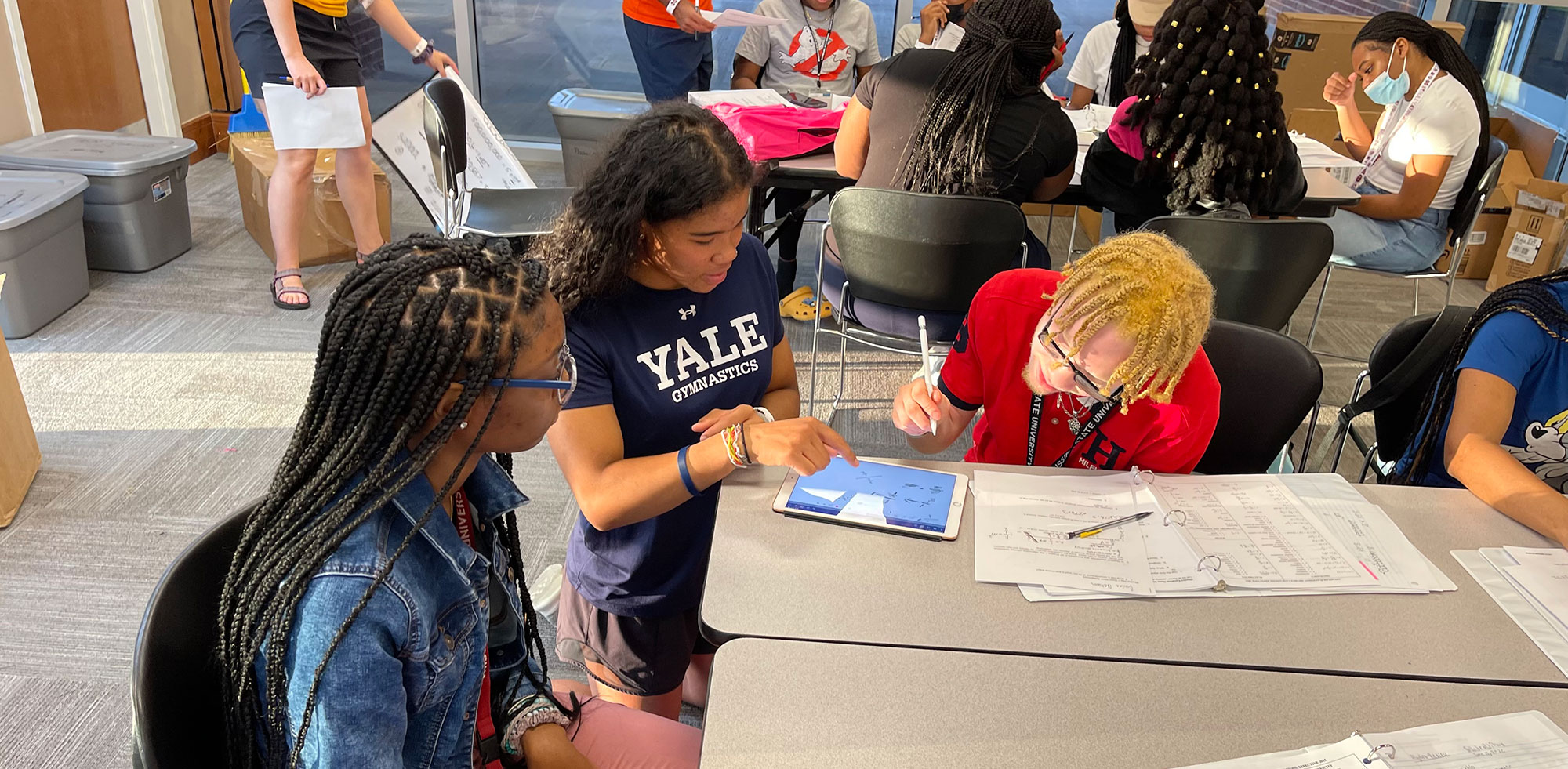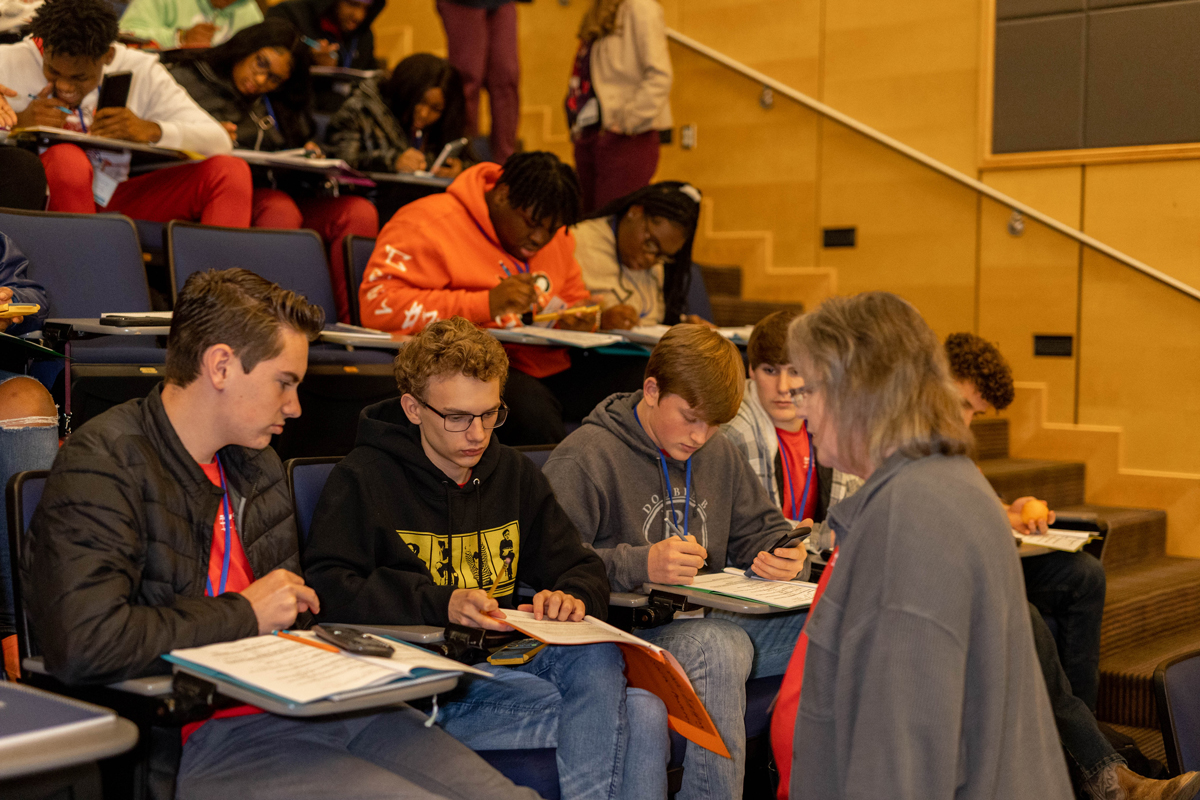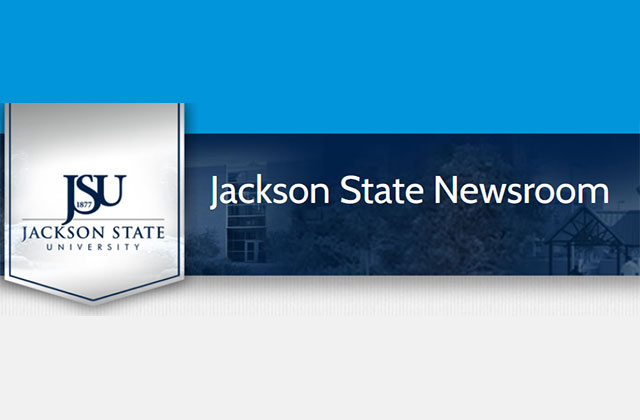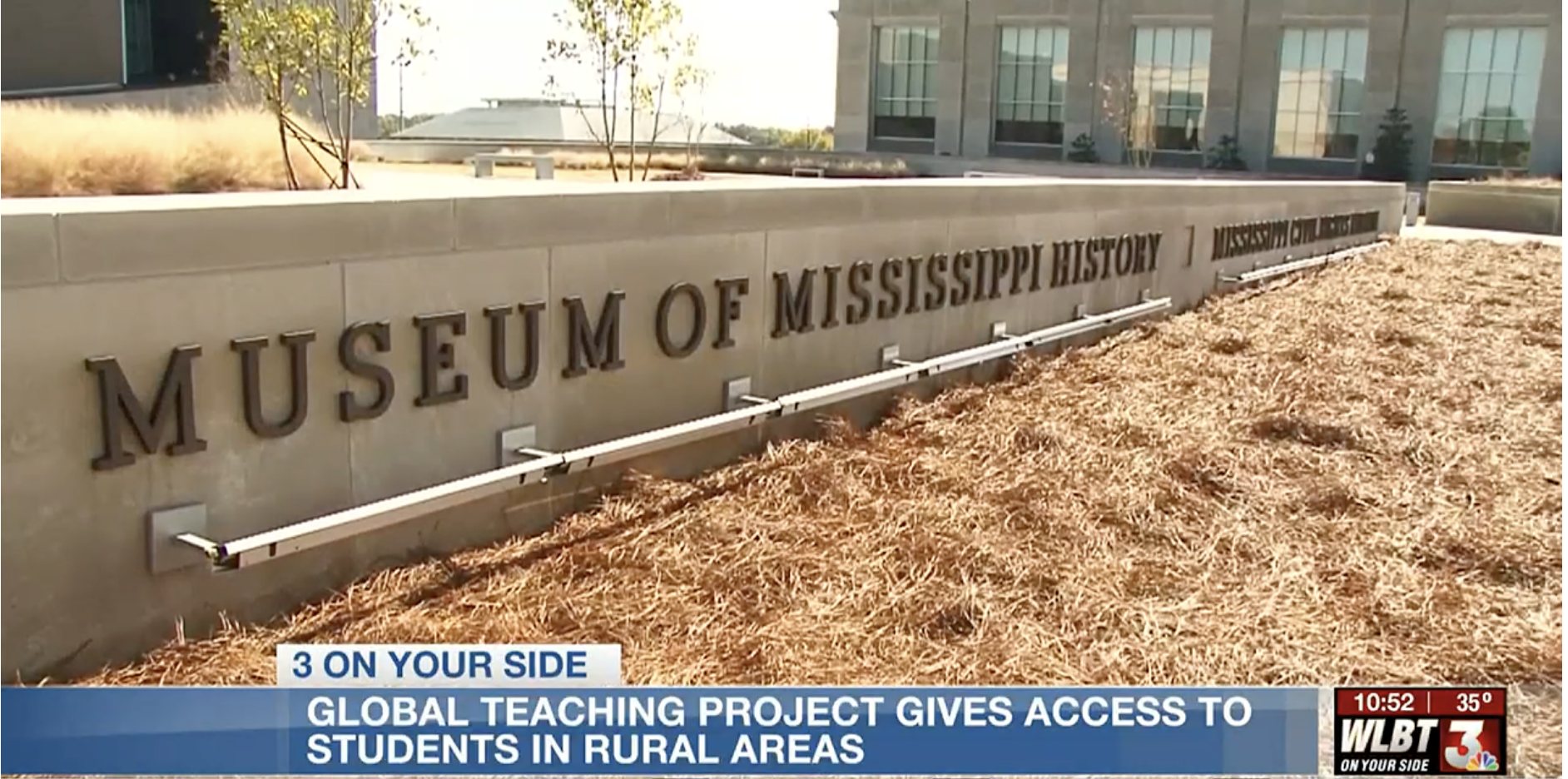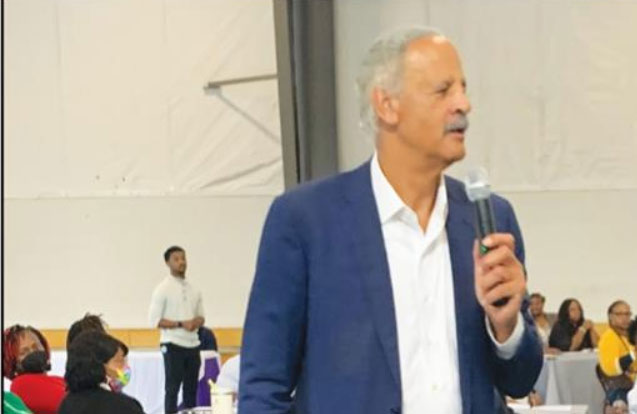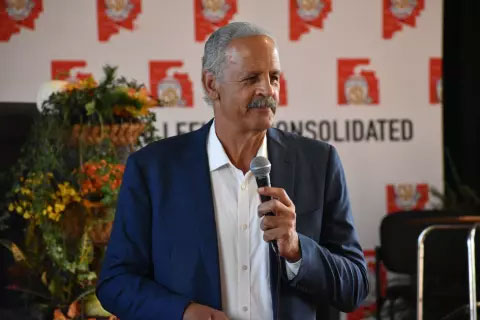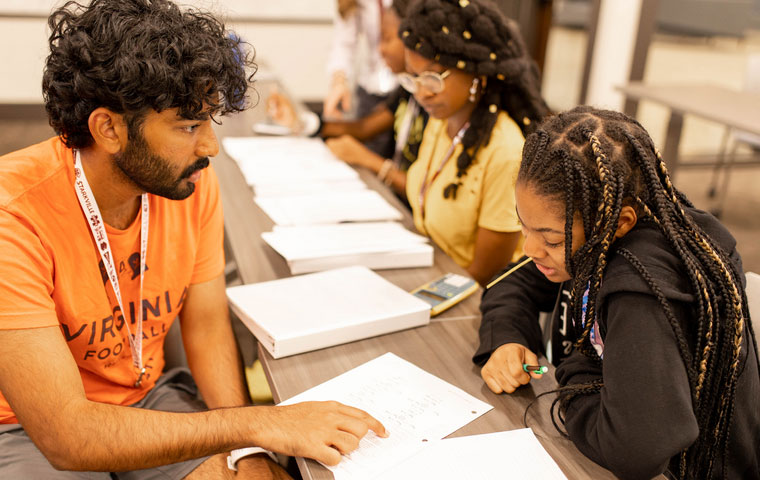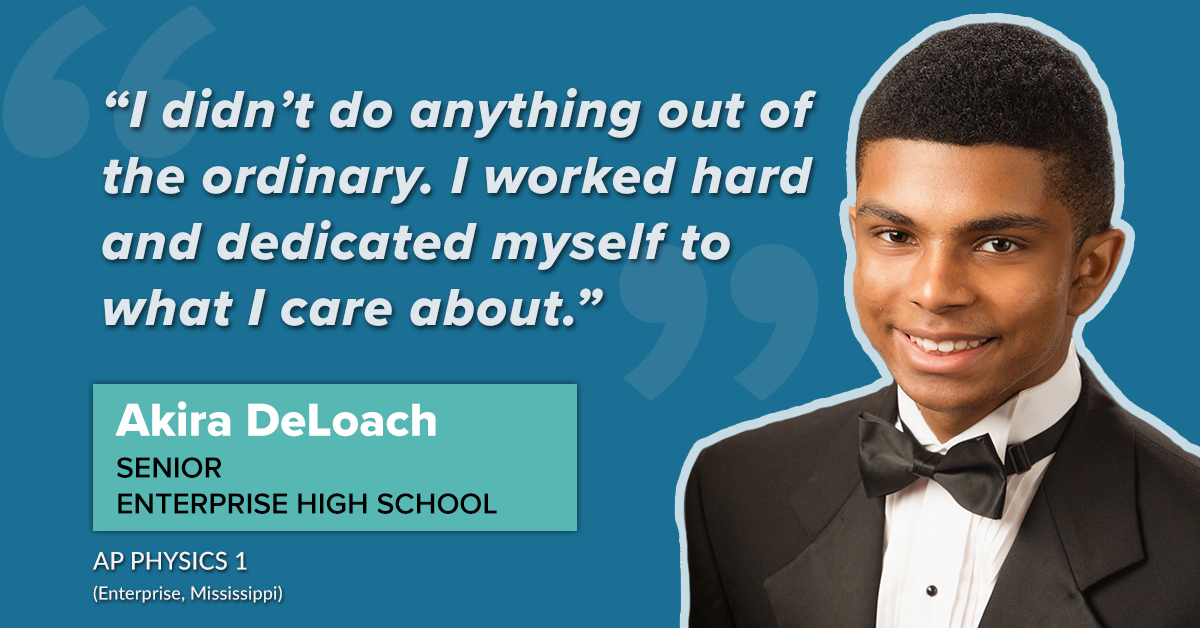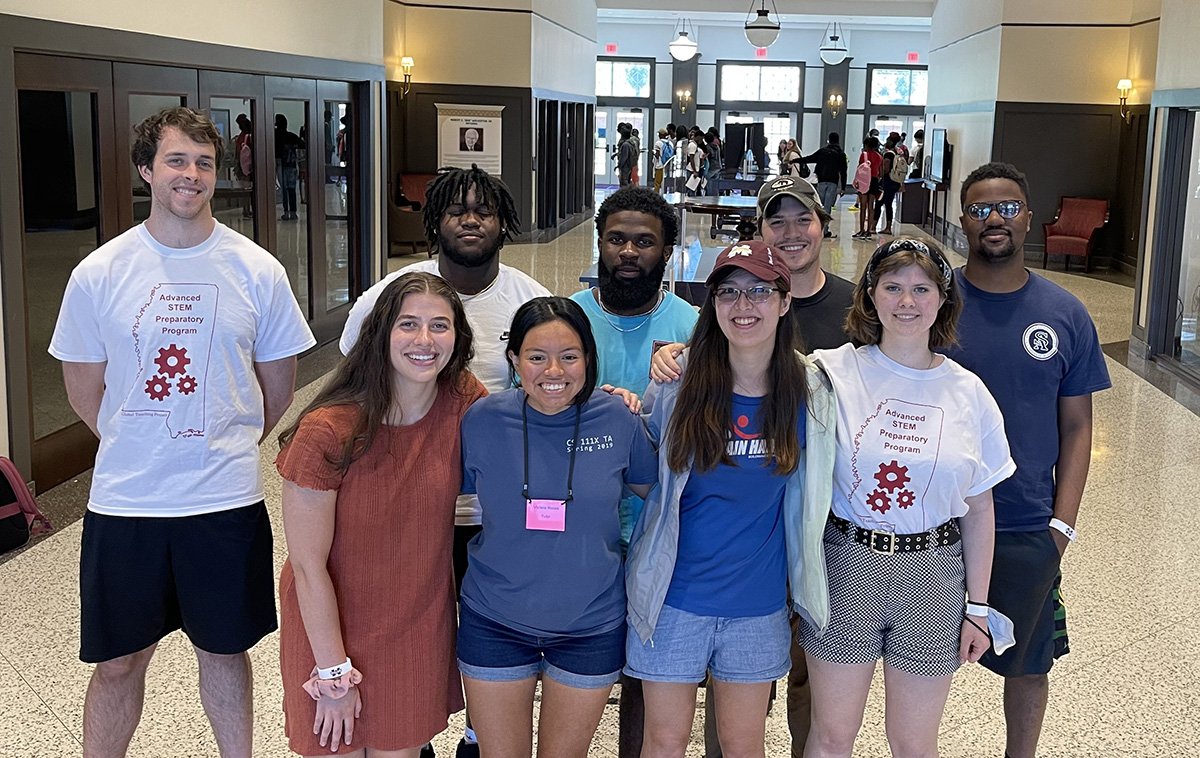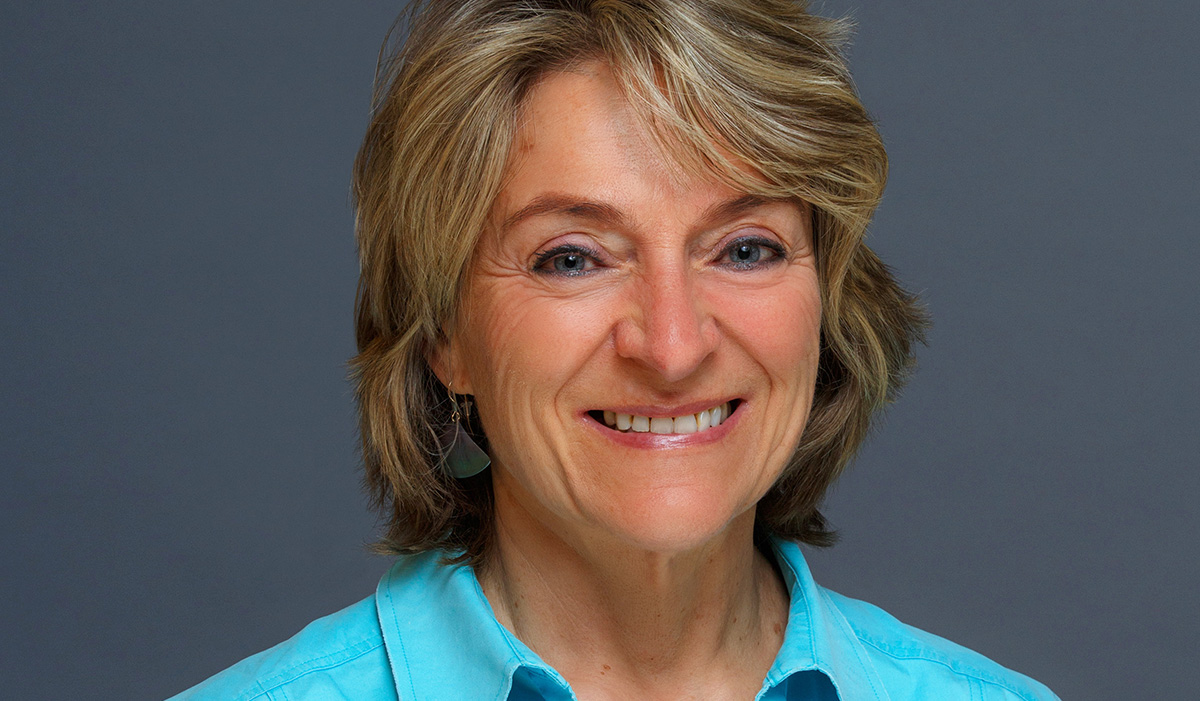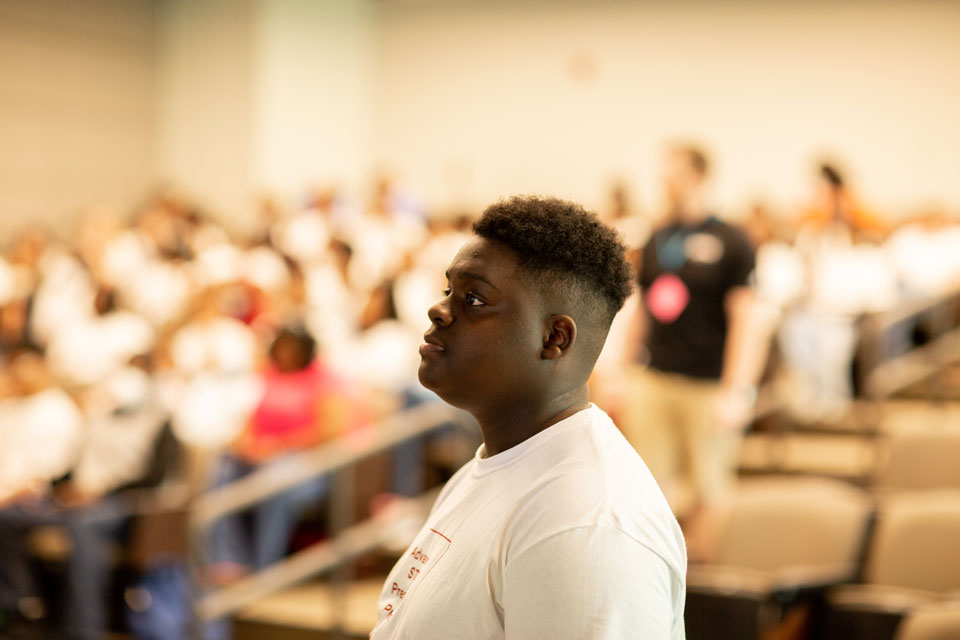Scores for the April 2023 AP exams have been released, and Global Teaching Project students who took exams in subjects offered through the Advanced STEM Access Program—AP Biology, AP Computer Science Principles, and AP Physics 1—achieved notable breakthroughs. In some cases, those students became the first ever at their schools to earn “qualifying” scores that placed them among the highest-scoring examinees in the state in those subjects. GTP’s Advanced STEM Access Program, now in its 7th year, provides promising high school students from rural Mississippi communities access to advanced STEM courses they need to achieve their full potential, but which …
Average Scores on Widely Used Assessment More than Double Physics students from rural Mississippi high schools who attended the Global Teaching Project’s Advanced STEM Summer Preparatory Program achieved “statistically significant” gains, according to independent assessments conducted by the Center for Research and Evaluation (CERE) at the University of Mississippi. Physics students were tested at the beginning and end of their 8-day Summer Program sessions to assess their progress. The students’ mean score more than doubled on the tests, which were adapted from the Force Concept Inventory (FCI), a widely used examination recognized by the American Association of Physics Teachers as …
Akira DeLoach, a senior at Enterprise High School in rural Mississippi and a student in the Global Teaching Project’s AP Physics 1 class there, has earned admission to the Class of 2026 at the Massachusetts Institute of Technology, where Akira plans to major in Mechanical Engineering. Akira’s achievement is extraordinary—MIT is widely regarded as the world’s top university for both Math and Science, and MIT admissions are highly selective. Last year, over 33,000 of the world’s best STEM students applied to MIT, but only 1,365—just 4.1 percent—were admitted. The admissions rate for Akira’s class will be even lower if long-term …
Matt Dolan, CEO of the Global Teaching Project, was recently featured on Kari Alexander’s podcast, Kari the Light, which profiles ordinary people doing “extraordinary things.”
The Global Teaching Project’s extraordinary Teaching Assistants are a critical, and unique, component of our blended learning model. The Teaching Assistants—Science majors from leading universities—provide substantive instruction for our students, and much more: the Teaching Assistants also are exemplars of achievement, and emissaries from the broader world beyond the rural communities we serve. The Global Teaching Project’s blended learning model employs multiple means to engage students and facilitate learning—including both in-person and synchronous remote instruction; physical textbooks and learning materials; extensive online resources; teacher training; technology for students and classrooms; and residential instructional programs at Mississippi universities throughout the year. …
Professor Lisa Urry, lead author of the nation’s most widely used Biology textbook, will serve as lead instructor of the Global Teaching Project’s inaugural Advanced Placement (AP)® Biology course. That course is being offered in the 2021-2022 academic year to promising high school students in rural Mississippi through a pilot program involving selected high schools, with the expectation of being scaled further going forward. Professor Urry, who earned her Ph.D. at MIT, has taught at Mills College in Oakland, CA since 1995. Professor Urry also has helped teach millions of high school and college students through her work as lead …
A study by the University of Mississippi Center for Research Evaluation (CERE) has found that high school students in the Advanced STEM Access Program—implemented by the Global Teaching Project in collaboration with a consortium of rural Mississippi public school districts— achieved significant, quantifiable benefits during its most recent Summer residential program. The CERE study, funded by the U.S. Department of Education, found that the Advanced STEM Access Program increased student knowledge of substantive content during the residential program, boosted some students’ assessments of their own capabilities, focused academic ambitions, and helped students establish relationships with high-achieving peers across the state. …
